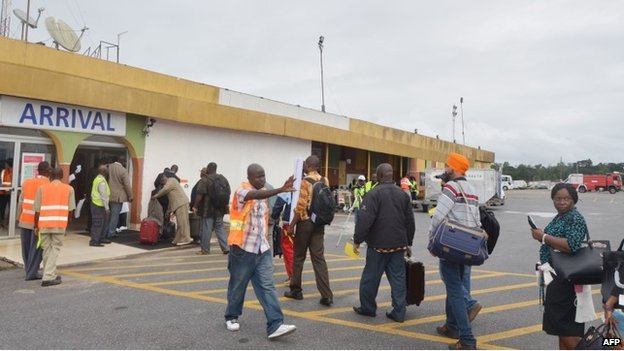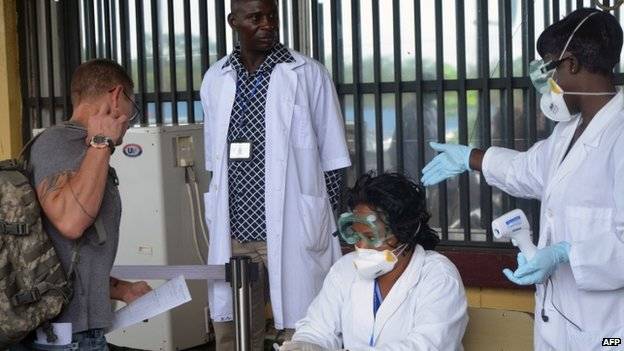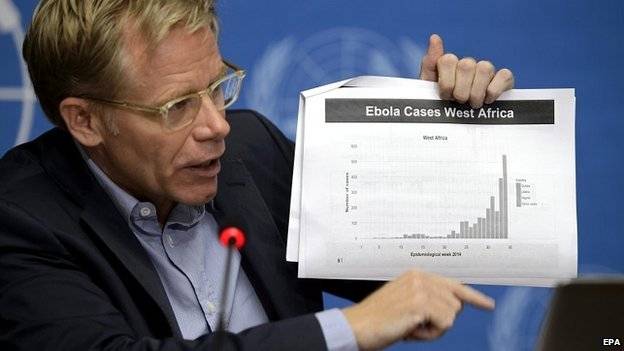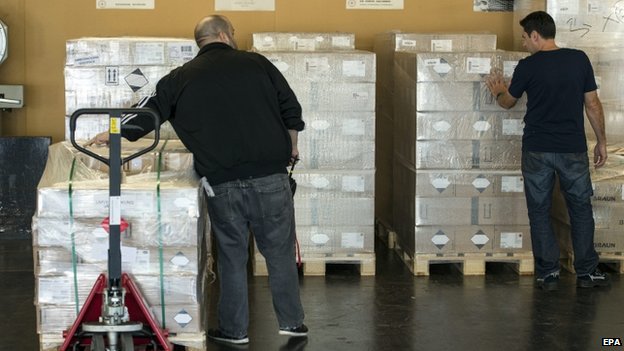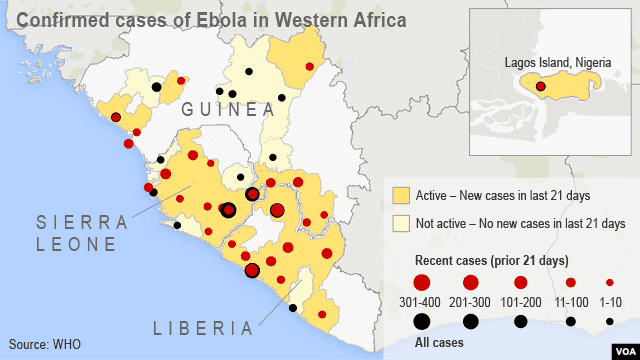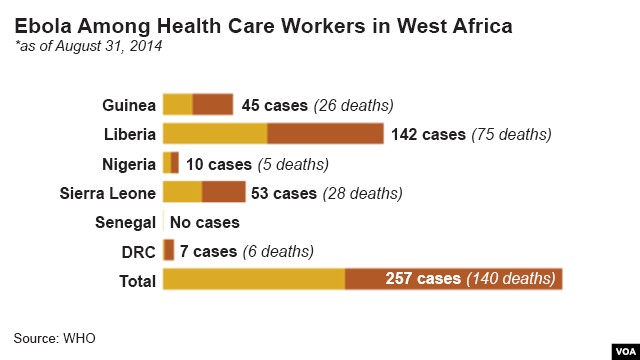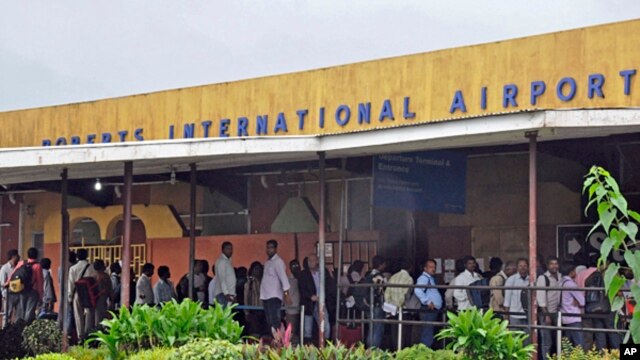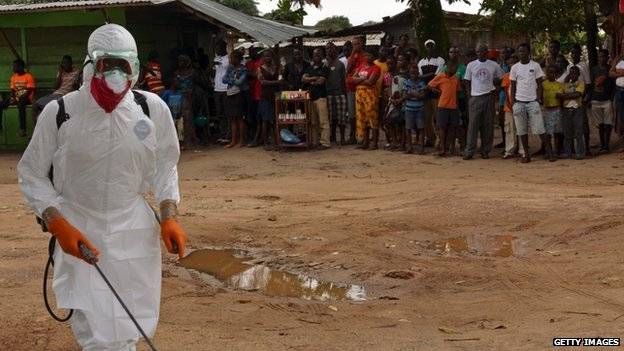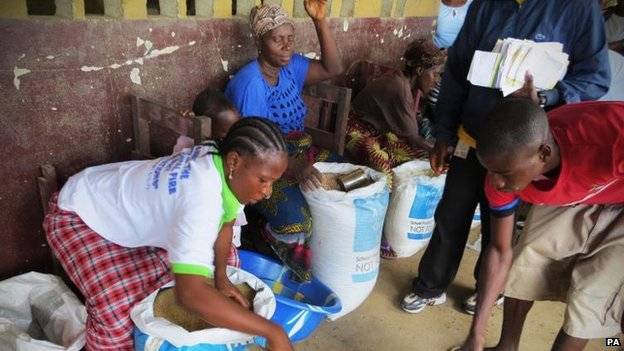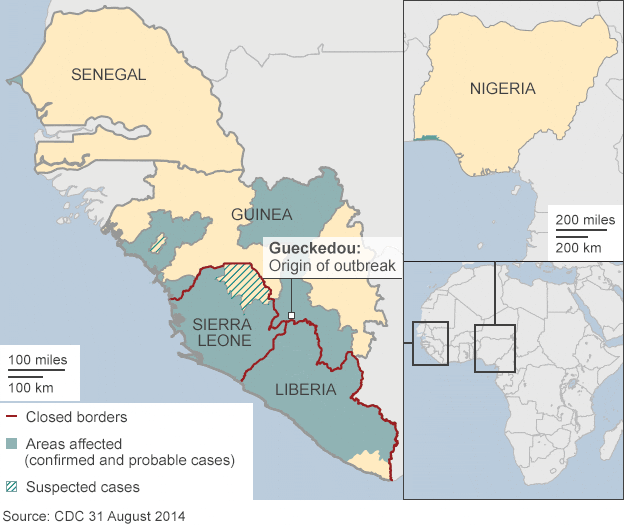Vigilante
Diamond Member
- Banned
- #1
Can you imagine, and the people IN POWER allow infected people into the country and haven't a CLUE if it can be transmitted through the air!
The public has been misinformed regarding human-to-human transmission of Ebola. Assurances that Ebola can be transmitted only through direct contact with bodily fluids need to be seriously scrutinized in the wake of the West Africa outbreak. The Canadian Health Department states that airborne transmission of Ebola is strongly suspected and the CDC admits that Ebola can be transmitted in situations where there is no physical contact between people, i.e.: via direct airborne inhalation into the lungs or into the eyes, or via contact with airborne fomites which adhere to nearby surfaces. That helps explain why 81 doctors, nurses and other...
Articles Airborne Transmission of Ebola
The public has been misinformed regarding human-to-human transmission of Ebola. Assurances that Ebola can be transmitted only through direct contact with bodily fluids need to be seriously scrutinized in the wake of the West Africa outbreak. The Canadian Health Department states that airborne transmission of Ebola is strongly suspected and the CDC admits that Ebola can be transmitted in situations where there is no physical contact between people, i.e.: via direct airborne inhalation into the lungs or into the eyes, or via contact with airborne fomites which adhere to nearby surfaces. That helps explain why 81 doctors, nurses and other...
Articles Airborne Transmission of Ebola



